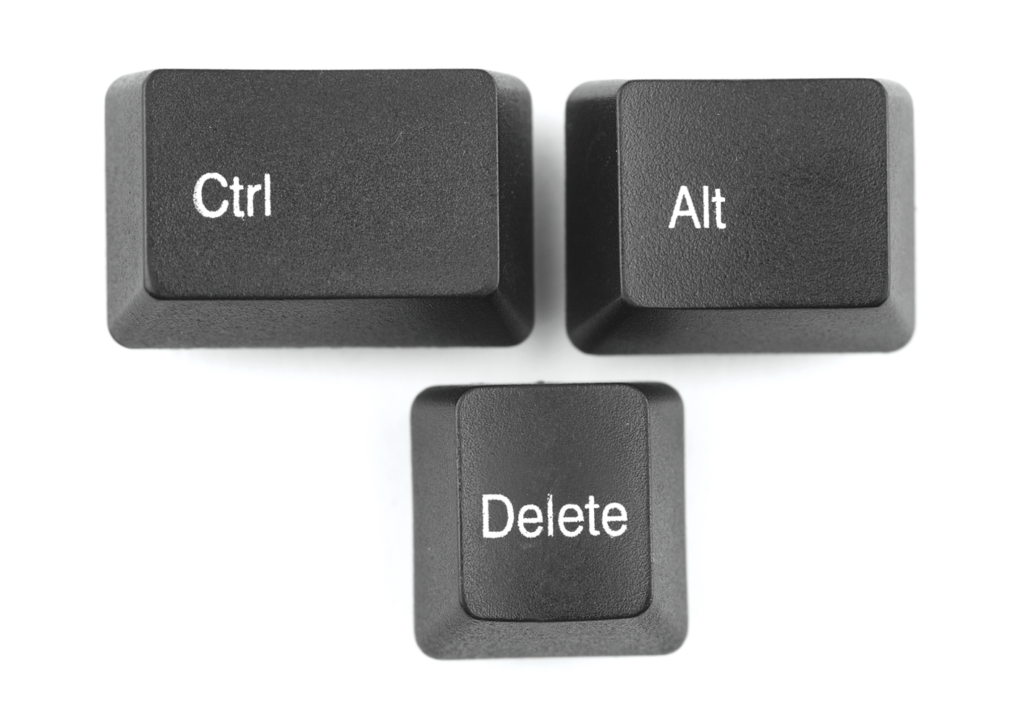We are not the “enemy of the people,” we swear!

I open my eyes to a beautiful morning. Despite my better judgment, I log onto X (formerly Twitter, and hopefully, one day, Twitter again). And there it is. “The legacy media is pure propaganda!”
Here we go.
What a great way to start my morning. Rise and shine—here’s some Elon Musk rage bait! Ugh. Why do I even go on this app? It’s masochism, really. X has never been a beacon of positivity, but these days, scrolling feels like a form of self-flagellation. Let’s check the replies. “The media is the enemy of the people!”
I need a coffee.
To reply, or not to reply? Well, maybe just this once. But what can I even say? What chance do I have? No one logs on to change their mind. Public distrust in the media is not breaking news. Each year, reports seem to sound the same alarm: worn-out audiences are abandoning established outlets in droves, trusting them less than the anonymous texter offering you a remote, full-time job with benefits.
Believe me, I get it. These last few years have been relentless. It’s the same exhausting discourse on an infinite loop—wars, humanitarian crises, skyrocketing living costs, deep political divides, and record-breaking wildfires. I’m not surprised people have migrated to social media for news. It’s fast, accessible, and personal. And more likely than not, there will be memes floating about, adding sardonic humour to it all.
Even though the news is practically omnipresent on the internet and social media, few Canadians actually trust these platforms for news. According to a 2023 Statistics Canada survey, only 13 percent of Canadians had a high level of trust in online news, and that number drops to just five percent for news on social media. Despite it all, traditional media still fares better than online content: 28 percent of people trusted TV, radio, and print, no matter their age. A silver lining, maybe? Not all hope is lost!
Then, however, I’m reminded of the comments. “Everything, every single bad thing that happens, is downstream from their work. All Journos Are Bastards.”
Why do I even want to be a journalist? What’s the point? It’s exhausting!
Journalistic ethics vary from newsroom to newsroom, but most—if not all—have truth at their core. As journalists, we strive to be fair, transparent, and accurate. No, we are not perfect, and criticism is certainly warranted. Hell, it practically comes with the job.
But being a journalist these days also means getting called an impressive variety of misogynistic and racist names—some so creative they’d make you clutch your pearls. (I’d clutch mine if I had any, but you know, journalist’s salary.)
A healthy discourse is normal, especially online. But there’s a difference between accountability and abuse. Disagree with our reporting? Fair game. Call us out on a mistake? That’s part of the job. But relentless harassment? That’s not holding power to account—that’s just bullying people out of the industry. The point is that we are people too. And, maybe, we could all find a way to come together in our shared humanity?
“F*** the media! Journalists are the scum of the earth. They need to be ostracized!”
I’m deleting this app.
About the author
Leonor is completing her Bachelor of Journalism with a minor in English at TMU. She has hosted and produced multiple podcast episodes for JRN Radio’s We Met U When… podcast, where she fell in love with audio. With a passion for everything creative, she enjoys painting/sketching, writing articles for GenZHer, a digital magazine focused on creating a space for young women online, and shooting and editing short films in her free time. Her real passion though, is playing the Sims4 while drinking a hot cup of tea!

